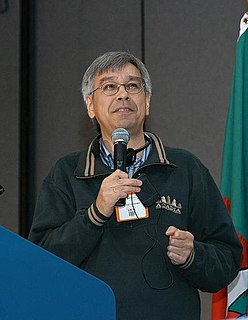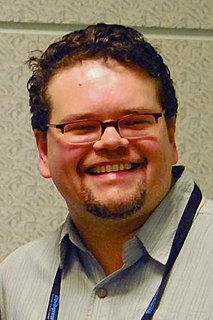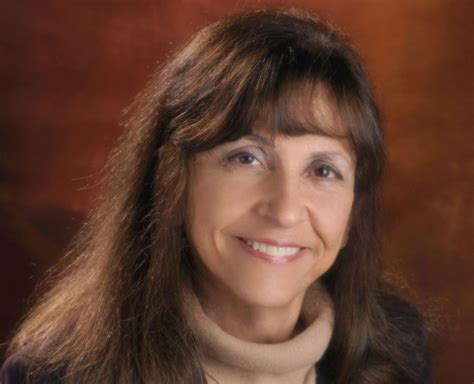A Quote by Wietse Venema
Like all software, Qmail can survive only when it keeps up with changing requirements.
Related Quotes
I'm not of the opinion that all software will be open source software. There is certain software that fits a niche that is only useful to a particular company or person: for example, the software immediately behind a web site's user interface. But the vast majority of software is actually pretty generic.
In separating out, say, legal and moral requirements, I tend to work with paradigms rather than strict divisions - eg, paradigmatically, legal requirements are jurisdictionally bound whereas ethical requirements are aspirationally universal; ethical requirements focus especially on intentions whereas legal requirements focus primarily on conduct; ethical requirements take priority over legal requirements; and so on.
The truth is there are a million steps, and we don't even know what the steps are, and worse, at any given moment we may not be willing or even able to take them; and still worse, they are different for you and they are always changing. I have come to believe the sooner we will fall in love with the God who keeps shaking things up, keeps changing the path, keeps rocking the boat to test our faith in Him, teaching us to not rely on easy answers, bullet points, magic mantras, or genies in lamps, but rather in His guidance, His existence, His mercy, and His love.
The hardest single part of building a software system is deciding precisely what to build the most important function that software builders do for their clients is the iterative extraction and refinement of the product requirements. For the truth is, the clients do not know what they want. They usually do not know what questions must be answered, and they have almost never thought of the problem in the detail that must be specified.
I named my software 'EMAIL,' (a term never used before in the English language), and I even received the first U.S. Copyright for that software, officially recognizing me as The Inventor of Email, at a time when Copyright was the only way to recognize software inventions, since the U.S. Supreme Court was not recognizing software patents.
Life is eternal; death only punctuates it for a short while. After a little break life starts again. Death is ultimate truth; life is truth beyond ultimate. Life is never destroyed; it just keeps on changing shapes. Endless processes are attached with this life; many stages are there in this grand journey of life. From an insect to an enlightened soul it keeps on changing. Creation is always beautiful in the beginning. It can be beautiful all the time also. What is purpose of life? It's evolution to higher levels



































